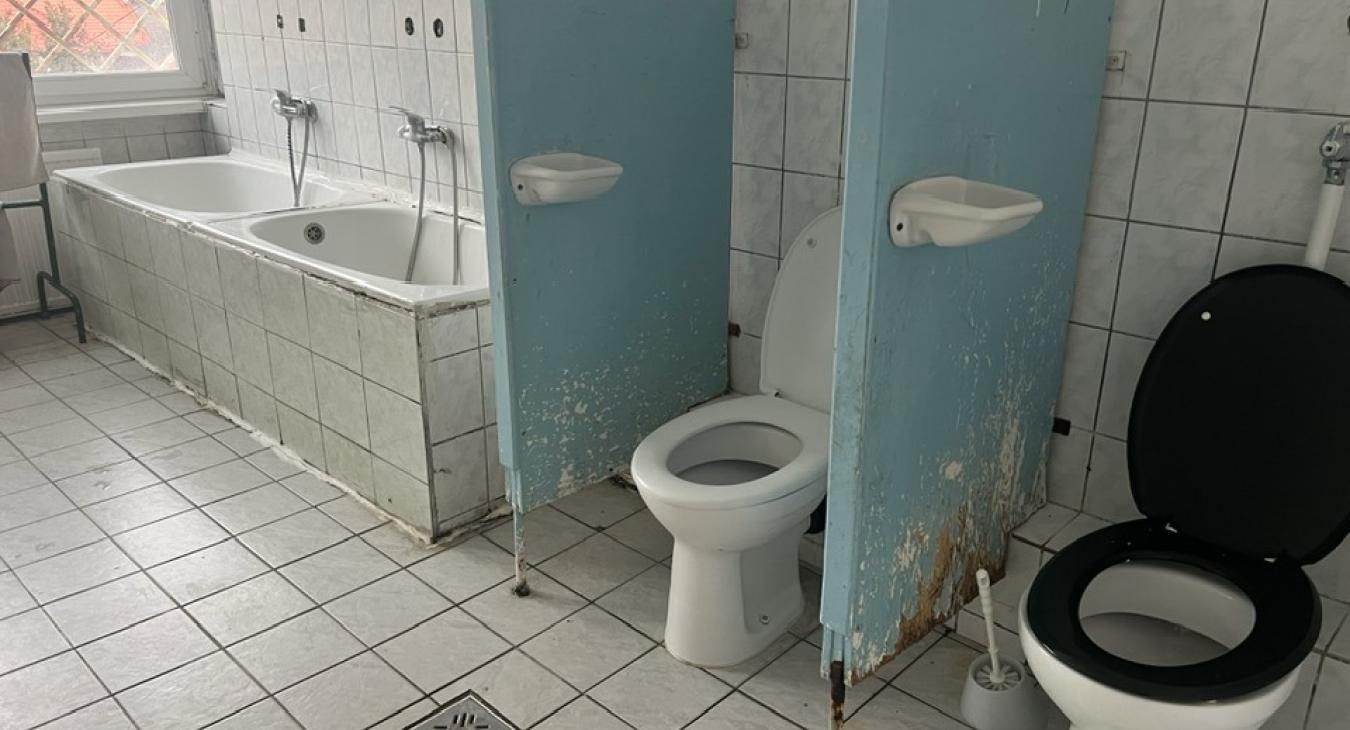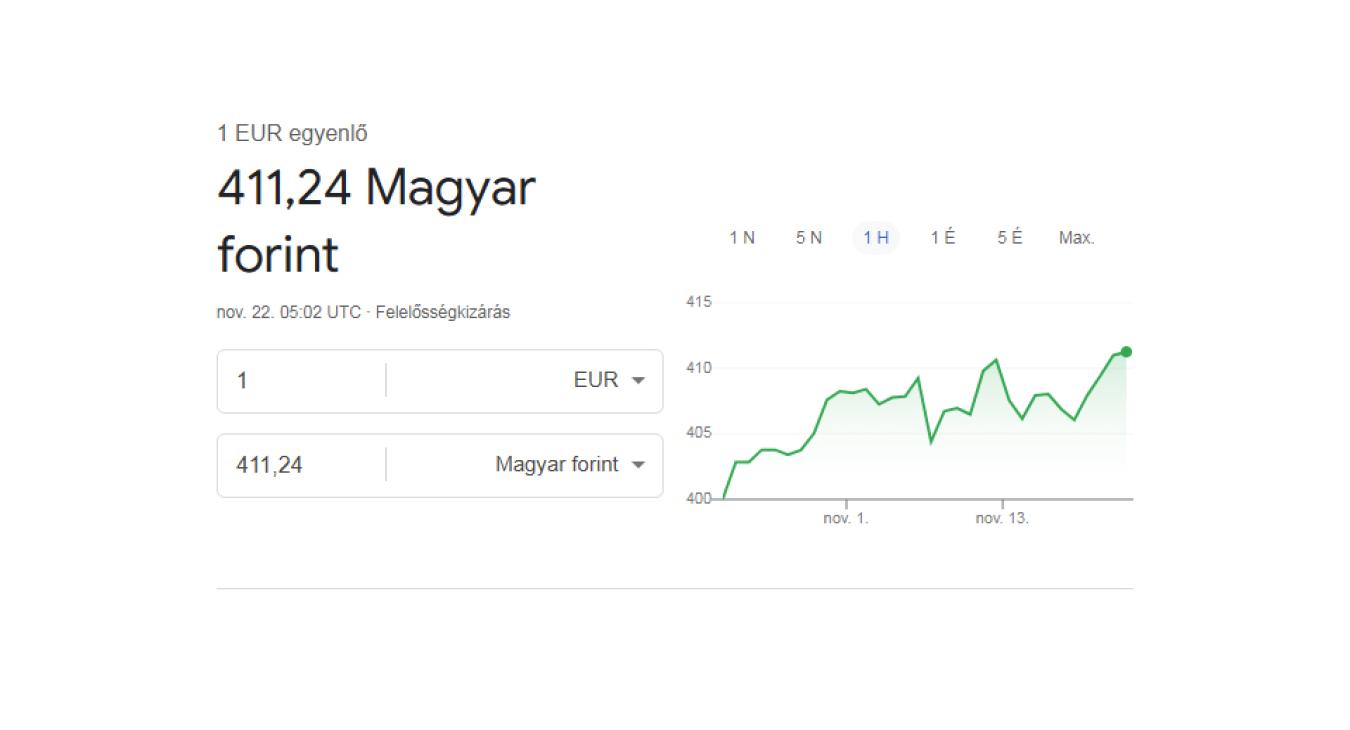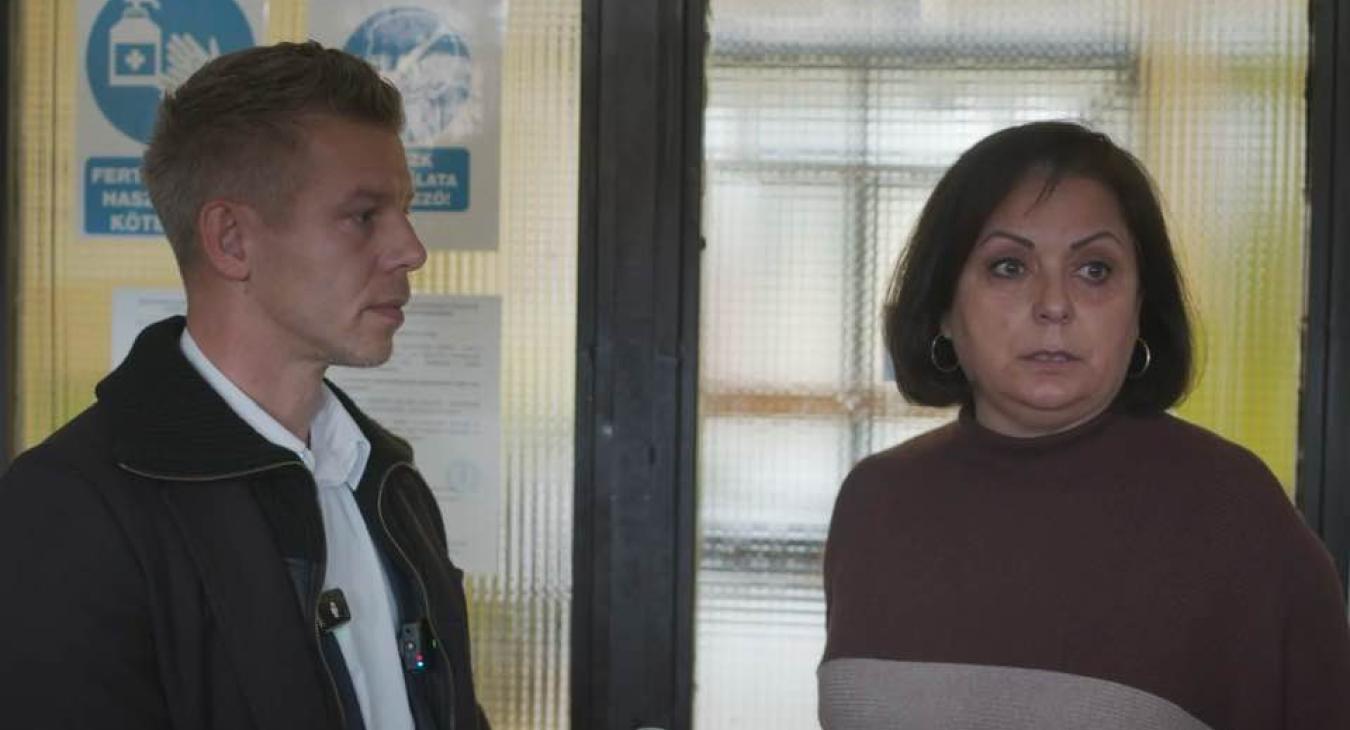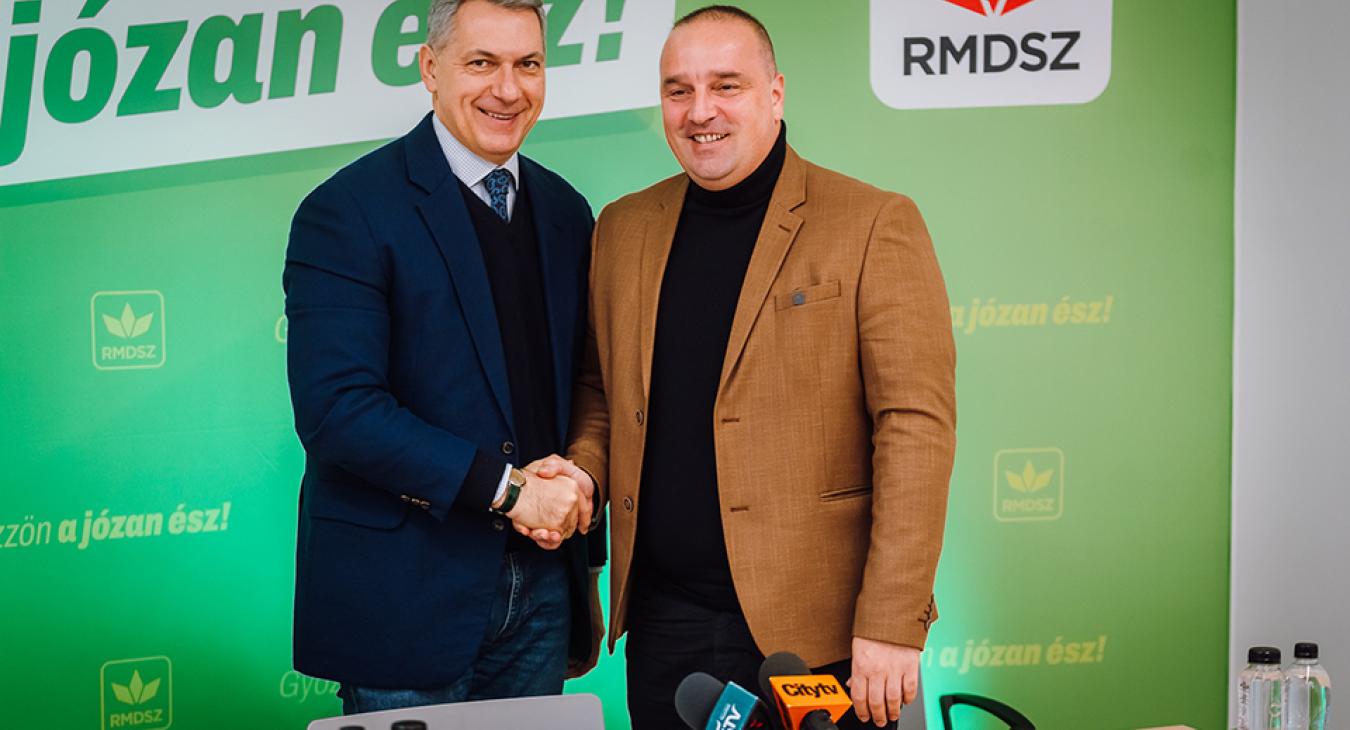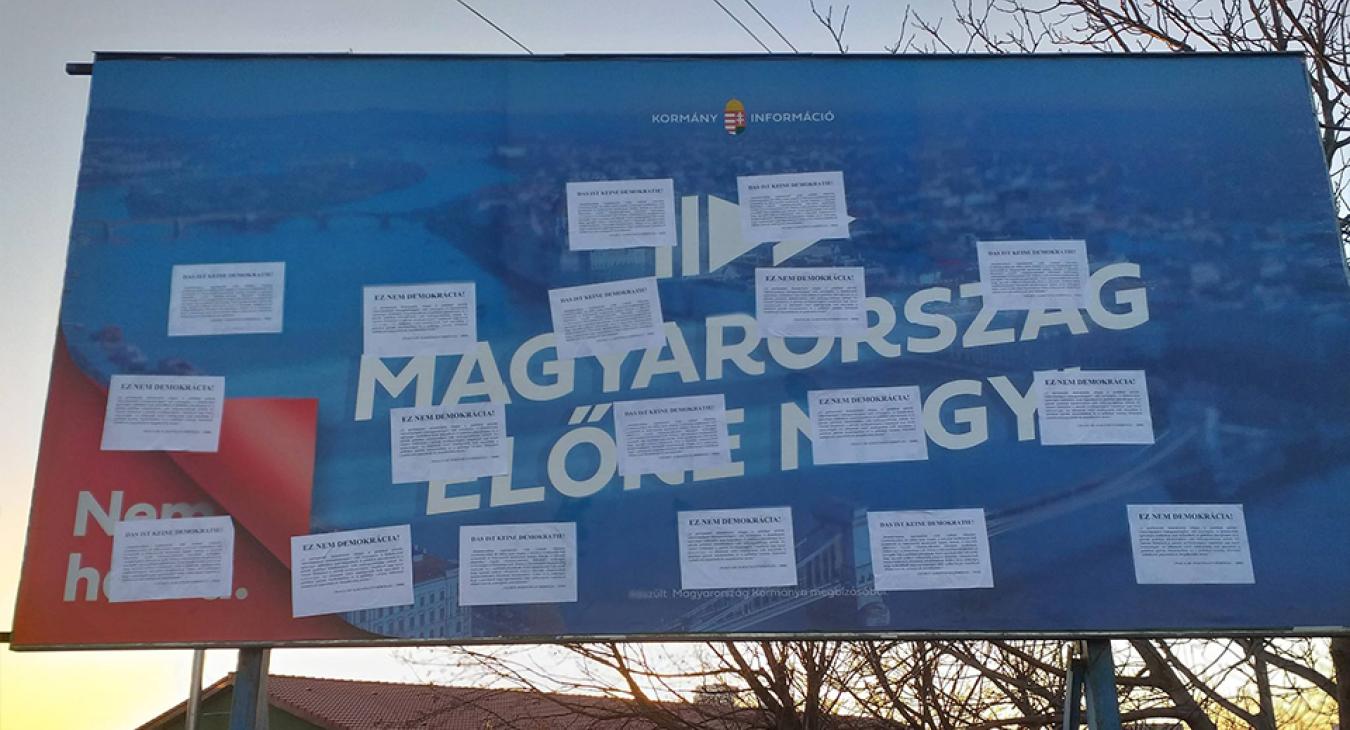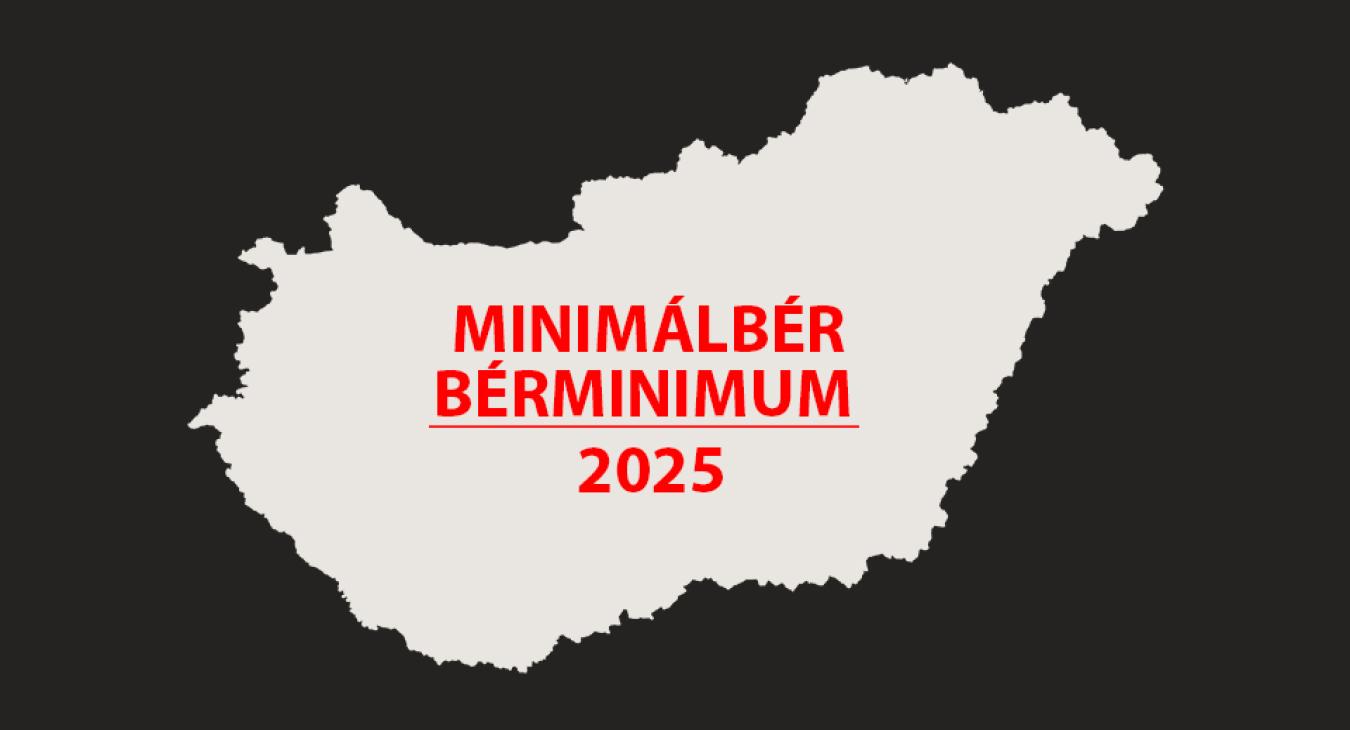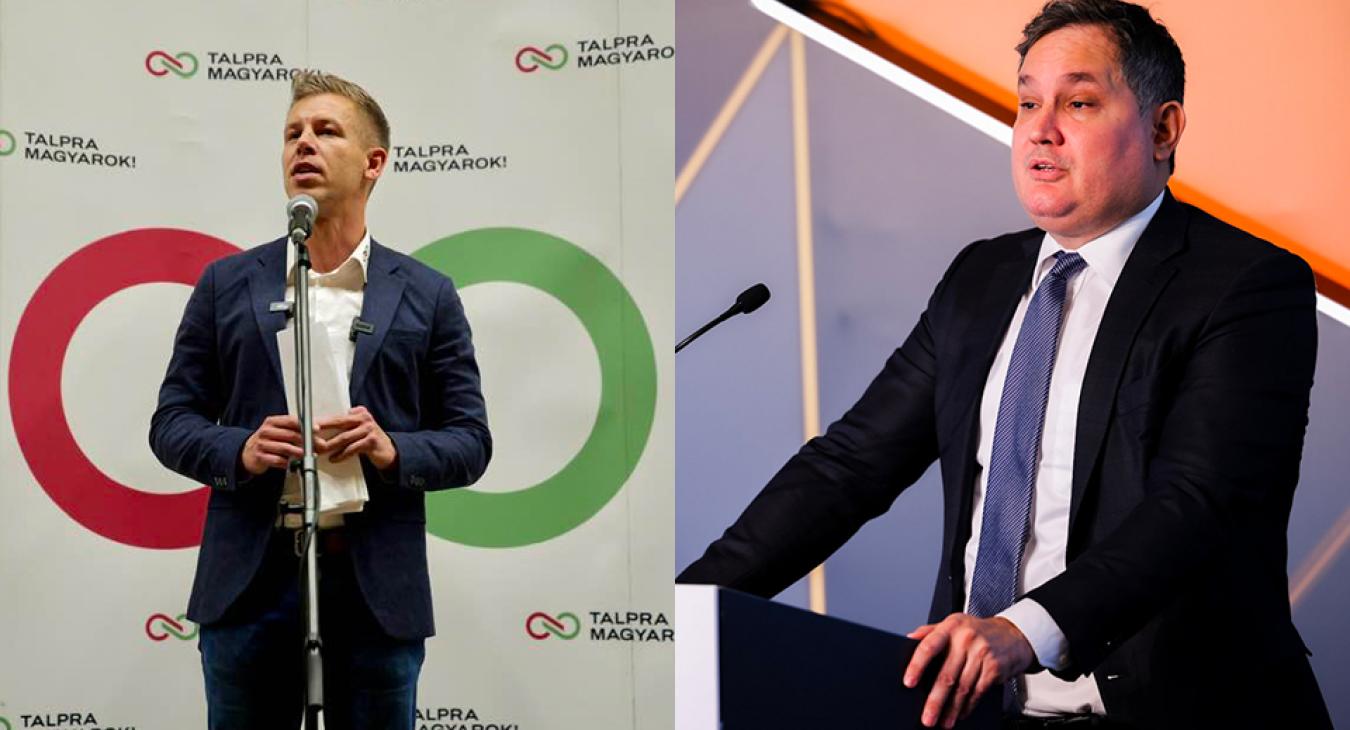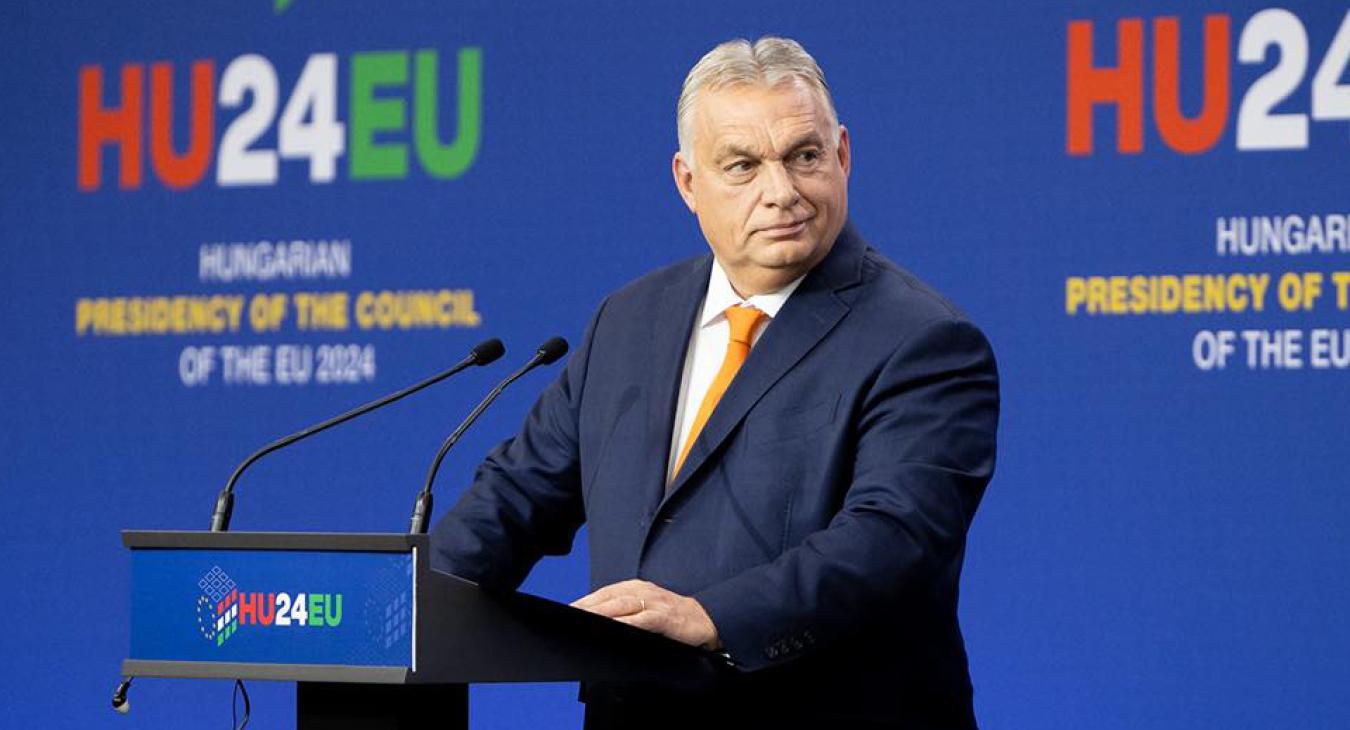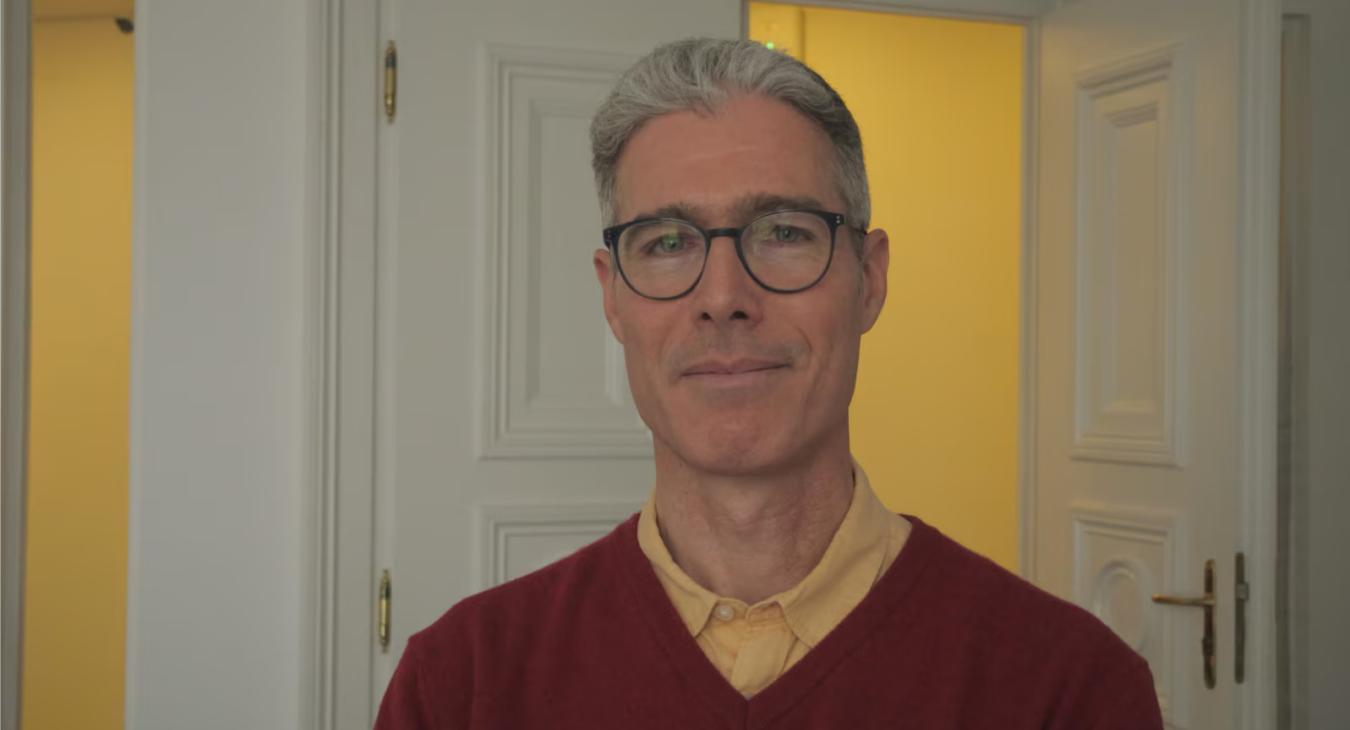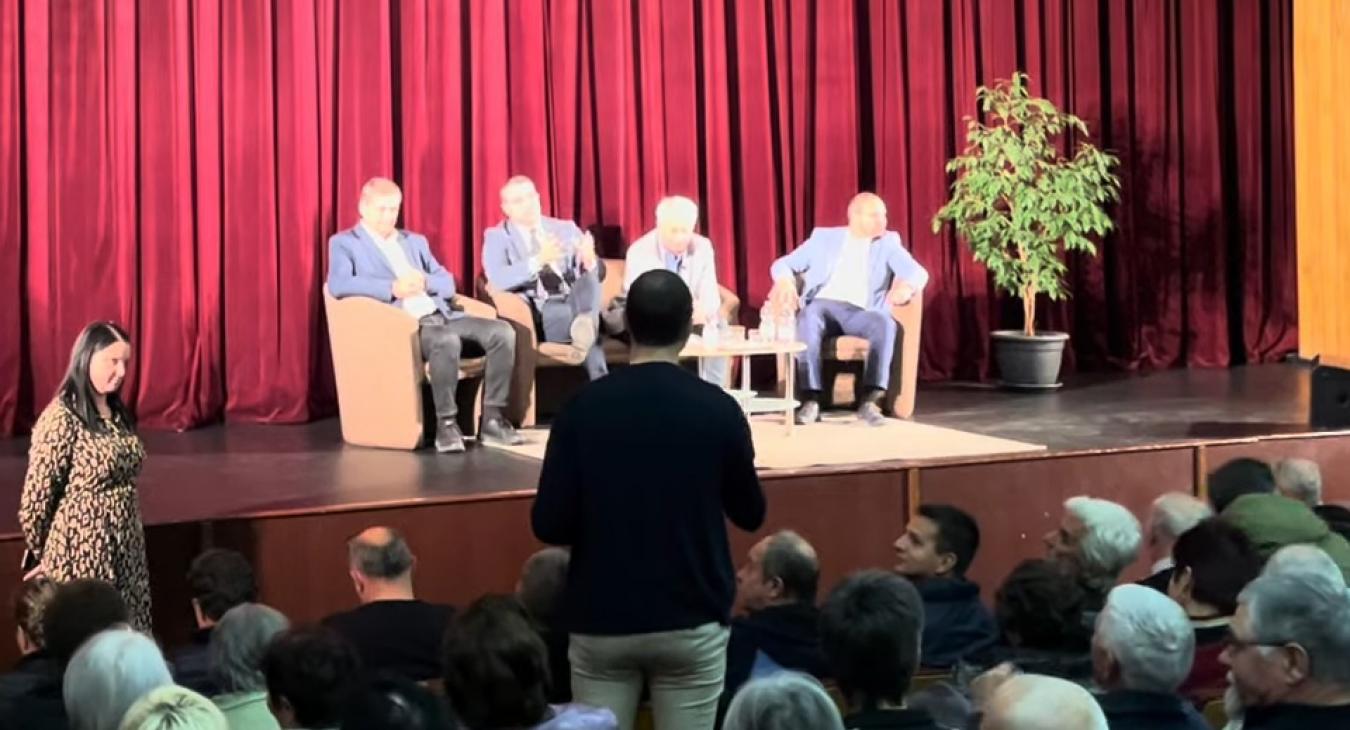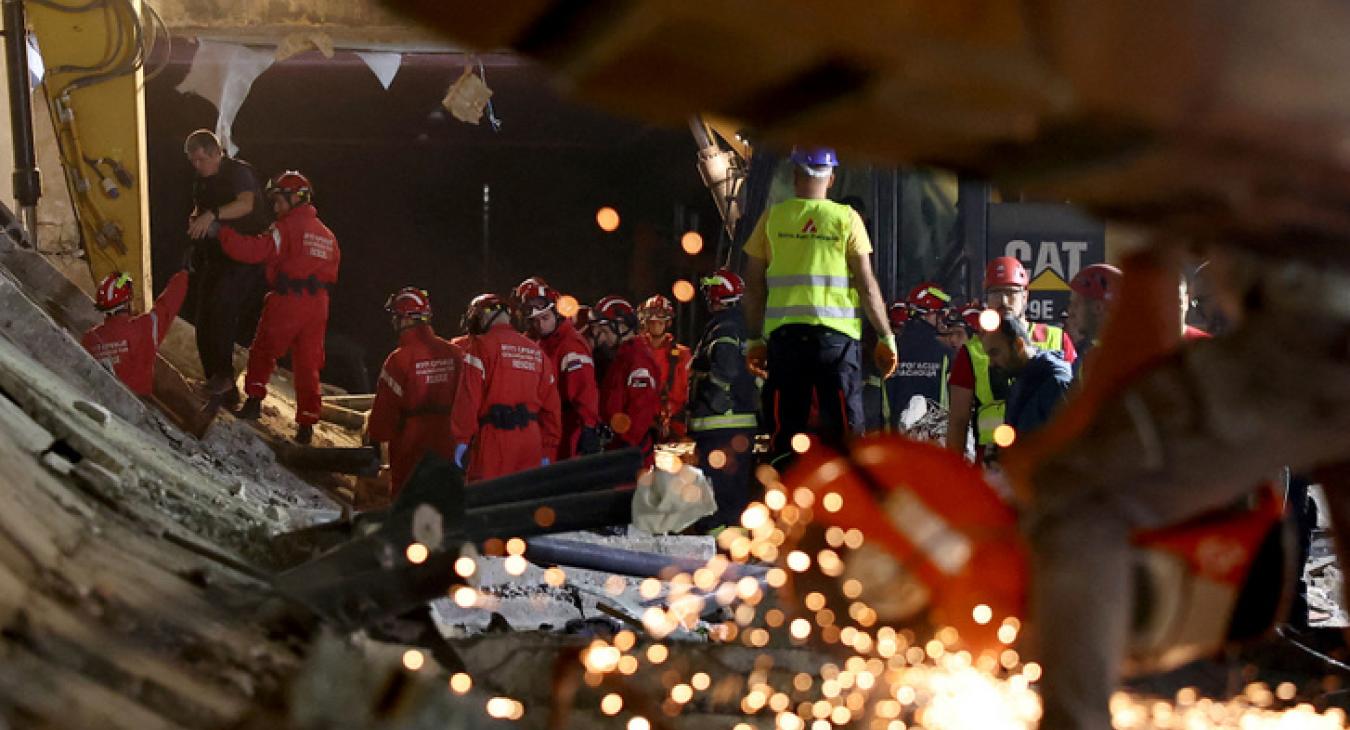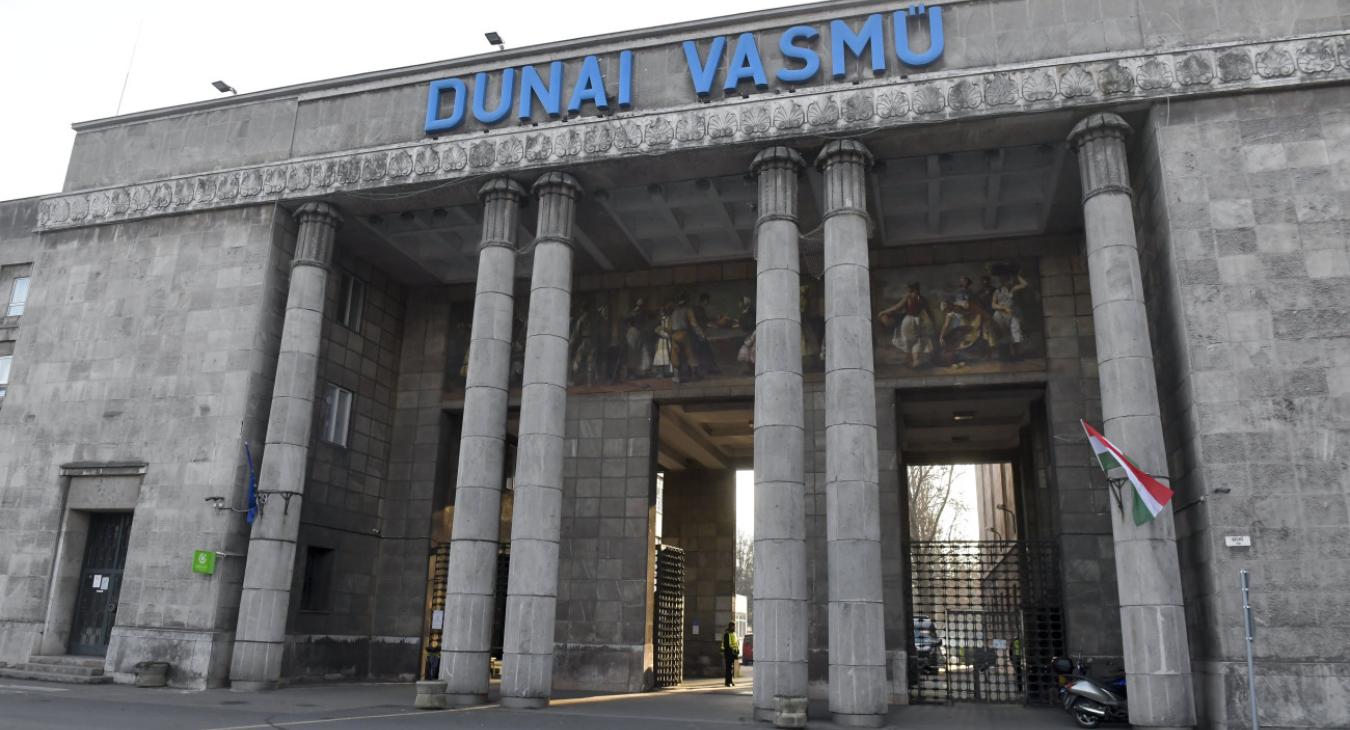Child custody cases can be devastating, especially when the system fails to protect the child's best interests.
This is the story of Balázs, a father living in Hungary, who, despite multiple efforts to safeguard his child from an abusive mother, finds himself battling a biased legal and judicial system. The shocking truth is that these institutions seem to support the very person harming the child, allowing a vicious cycle of abuse and legal manipulation to continue. How far can injustice go when the system is blind?
The Beginning: A Broken Relationship and Distrust
Balázs and his partner’s relationship began in 2018, culminating in the birth of their child, Kevin. Initially, Balázs was excited about fatherhood, wanting to create a loving environment for Kevin. However, the relationship quickly unraveled when Balázs discovered that his partner had been unfaithful during her pregnancy. Despite his doubts about Kevin’s paternity, he chose to accept him as his son, motivated by a desire to maintain family unity.
When his partner refused to acknowledge him as Kevin’s father and excluded him from critical parenting decisions, it deepened the mistrust. This initial breakdown set the stage for a tumultuous custody battle, where accusations and emotional manipulation became the norm rather than the exception.
Allegations of Theft and Legal Manipulations
In 2020, Balázs returned home one afternoon to find his partner, their child, and over 1.5 million HUF in cash missing. Desperate, he turned to the authorities for help. When the police found his partner and child, Balázs was accused of stealing 6 million HUF from her. This incident not only highlights the emotional turmoil he faced but also demonstrates the systemic issues within the Hungarian legal framework that often favor the more manipulative parent.
Despite his attempts to explain that his partner was misleading the authorities, Balázs was imprisoned for two days until she retracted her accusations. Shockingly, no investigation was launched against her for misleading the police, further reflecting the systemic bias in such cases. This experience left Balázs feeling vulnerable and mistrustful of a system designed to protect citizens.
The Price of Fatherhood: Custody for Sale
After being reunited, Balázs sought legal recognition as Kevin's father. However, his partner demanded an outrageous sum: 3 million HUF, six cars, and all personal property in exchange for allowing him to be listed as the father. This unethical arrangement was finalized, but it did not bring peace to Balázs's life.
Even with a shared custody agreement in place, Kevin continued to show signs of physical abuse, which Balázs reported to the authorities. His claims were dismissed, even when accompanied by medical evidence, reflecting a disturbing pattern where the well-being of the child was overlooked. The legal system, in its failure to act on the clear signs of child endangerment, further alienated Balázs from his son.
Unbelievable Accusations: Sexual Abuse Claims
In 2024, Balázs's partner escalated the situation with a new, more shocking accusation: she claimed Balázs’s new partner was sexually abusing Kevin. Despite the lack of evidence and the mother’s history of false accusations, the court issued a temporary order restricting Balázs's contact with his child. This baseless accusation served as another blow, illustrating the blatant favoritism shown toward the mother, who had a documented history of abuse and deceit.
The system’s failure to protect Kevin was painfully evident when even a rushed medical expert’s report seemed to support the mother’s false claims. The emotional toll on Balázs was profound; he found himself in a situation where he could not defend himself or his relationship with Kevin.
The Child’s Suffering and a Failing System
Despite Kevin’s own accounts of being abused by his mother and half-brother, the authorities did nothing. In January 2024, further signs of physical abuse on Kevin’s hands were documented, yet eight months later, no action was taken against his mother. Instead, the system blocked Balázs from obtaining crucial information about his son under the shared custody arrangement. This blatant disregard for Kevin’s safety showcased a systemic failure to prioritize the child’s well-being.
Worse still, Balázs was shut out of the decision-making process regarding Kevin’s care, violating his parental rights. The law, which was supposed to protect children and support both parents, became a tool of alienation, leaving Kevin in the hands of an abusive parent while isolating Balázs from his son.
A Tragic Conclusion: Injustice and Betrayal
Balázs’s fight for custody has become a painful testament to a failing system. Despite clear evidence of abuse and manipulation, the courts continue to side with a deceitful and abusive mother. False accusations, bribery, and bias have overshadowed Kevin's safety and well-being. This tragic story is not merely an isolated incident but reflects a broader crisis within the Hungarian legal system, where protective measures for children are often inadequate.
The overwhelming evidence presented in Balázs’s case raises critical questions about the effectiveness of the child welfare system and its ability to safeguard vulnerable children. What is the point of a legal framework if it fails to protect the very children it is designed to serve?
Conclusion: A Call for Reform in Child Custody Cases
Balázs’s story is not unique; it echoes the experiences of many fathers who face similar injustices. It reflects a widespread issue where the courts, police, and social services fail to protect the very children they are meant to serve. The bias in favor of one parent, despite overwhelming evidence of wrongdoing, is a serious flaw in the current child custody system.
Legal reforms are urgently needed to ensure that the best interests of the child remain the central focus in custody disputes. Policymakers must address the systemic biases that lead to the neglect of children’s safety. The tragic consequences of these systemic failures will continue unless substantial changes are made. This story serves as a wake-up call for lawmakers, legal professionals, and society as a whole to advocate for a child-first approach in all custody cases.
Translated from original article Danny Andreas
distancedads.com



